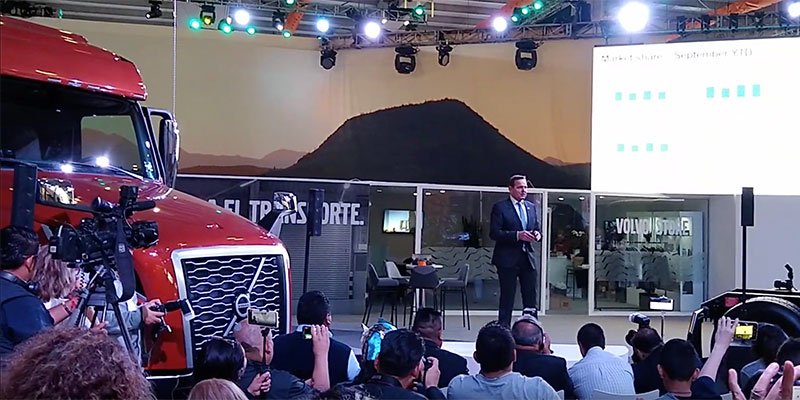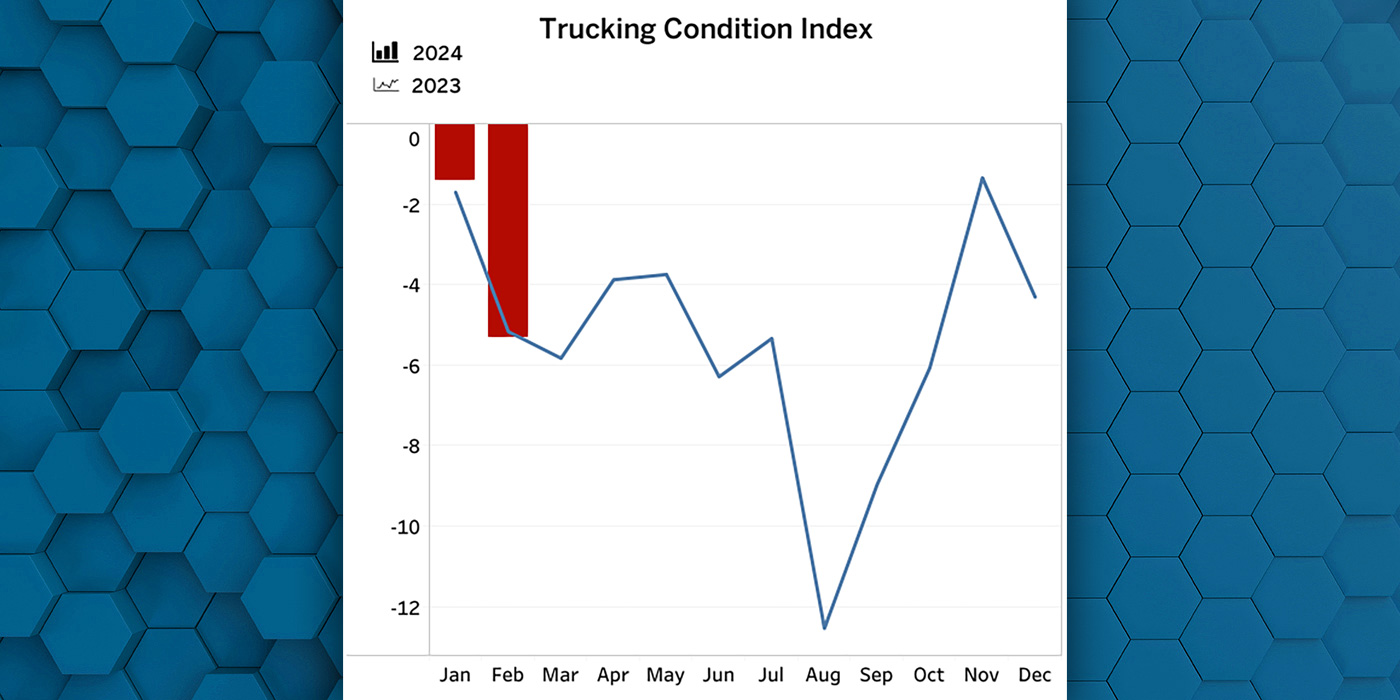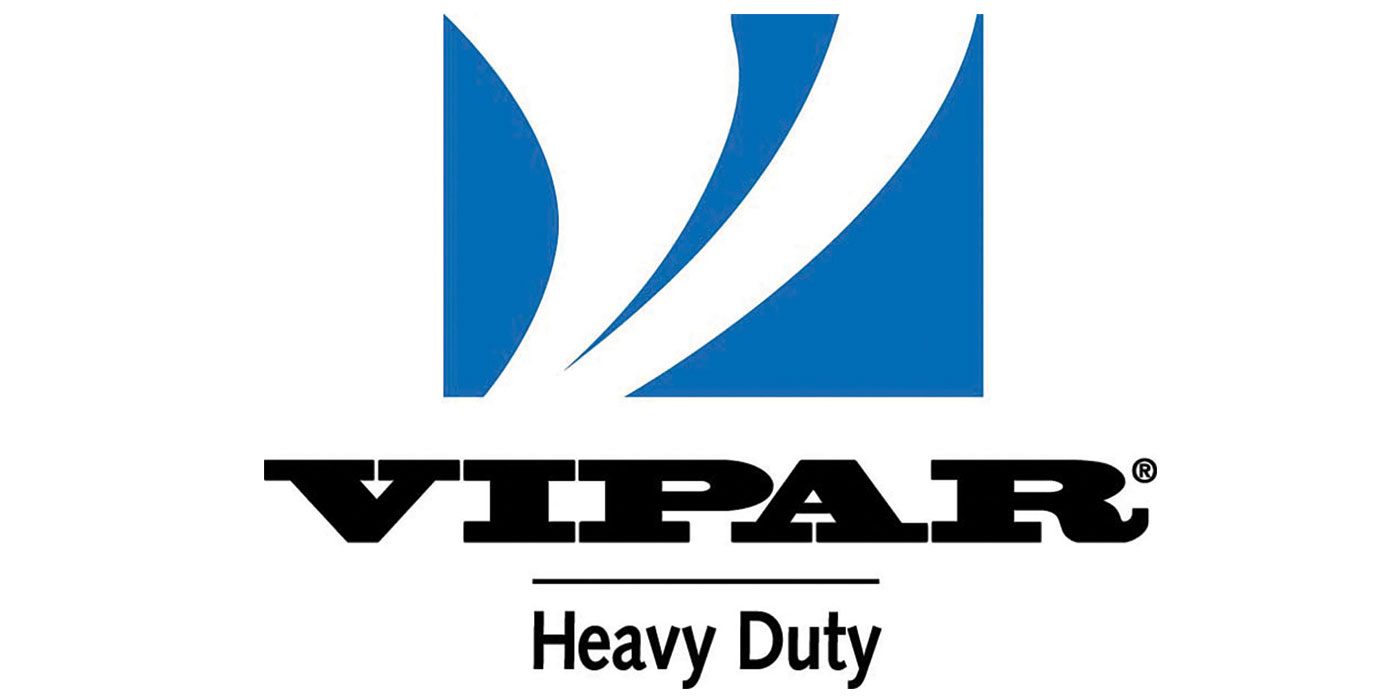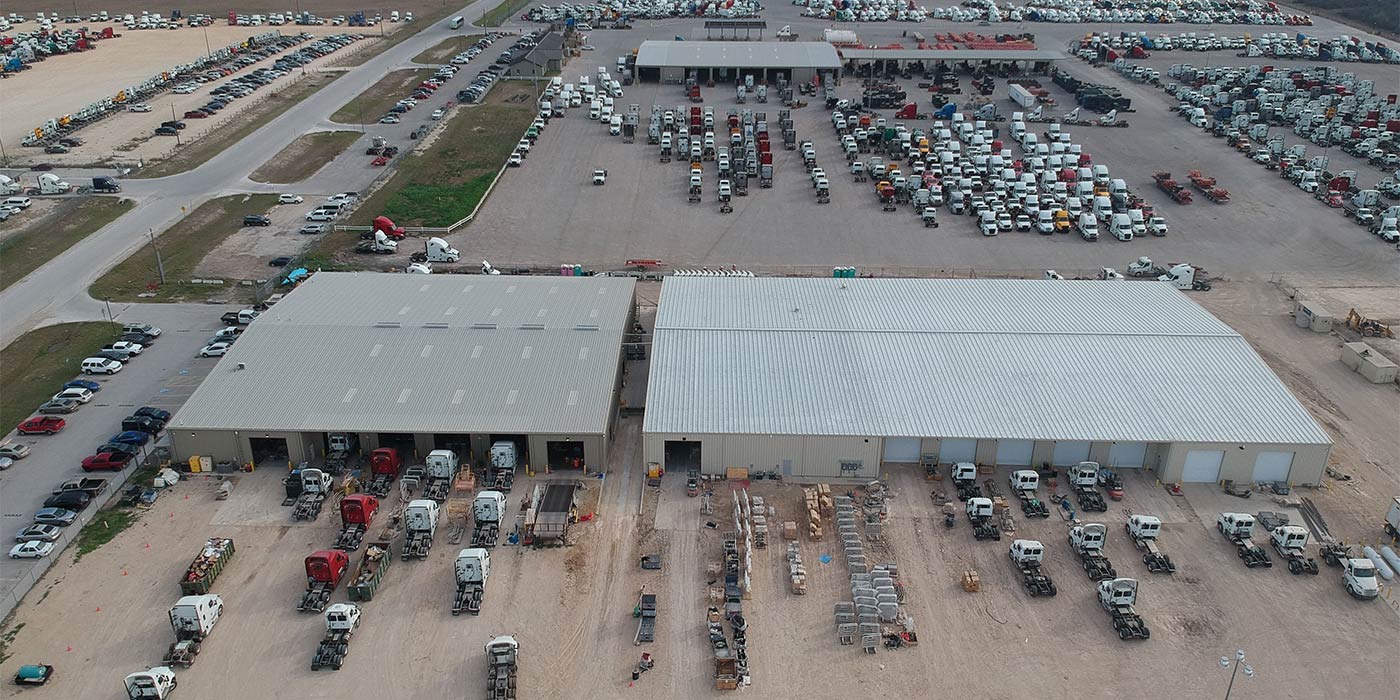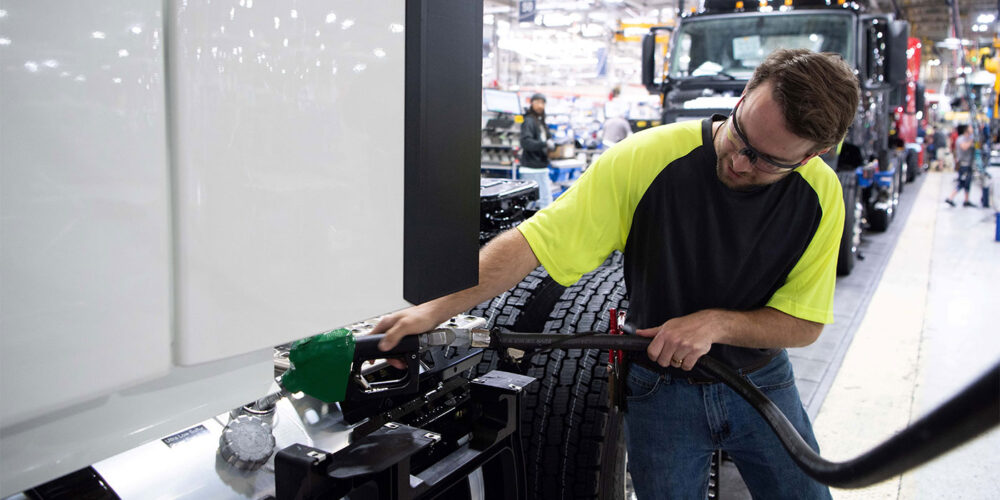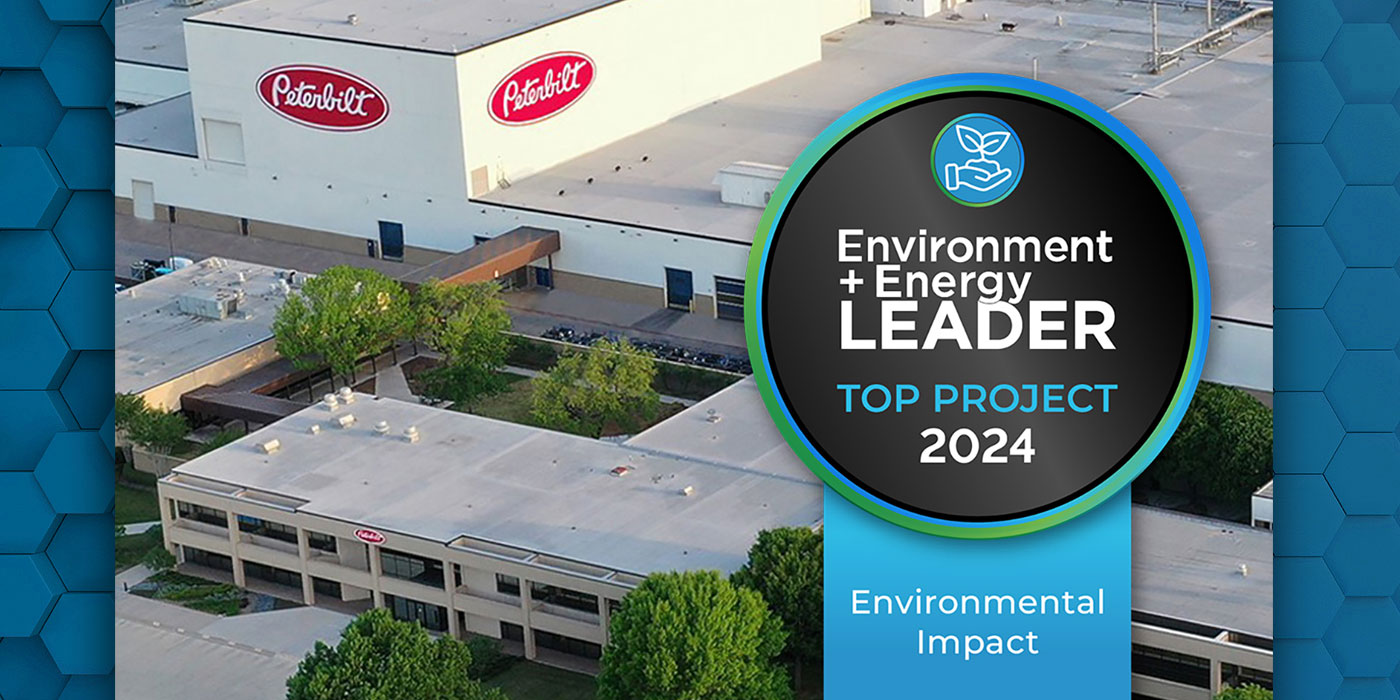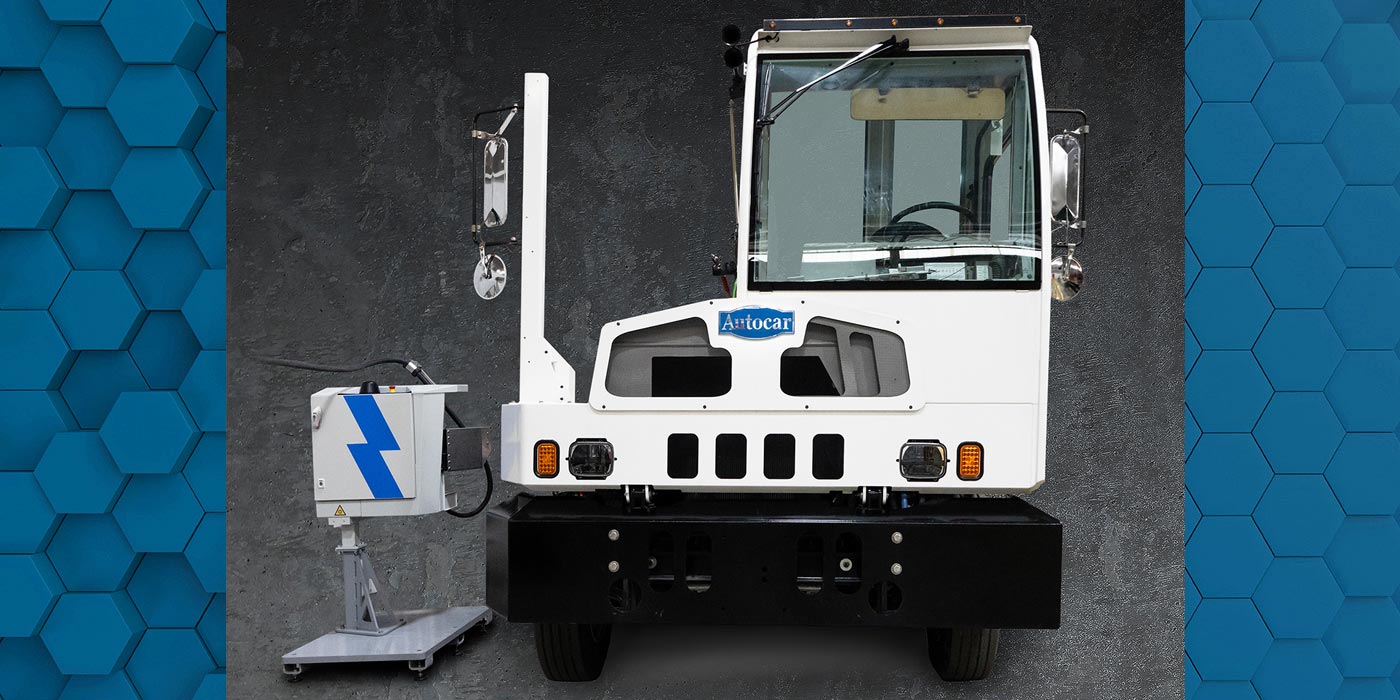Volvo Trucks North America’s Peter Voorhoeve keeps getting pulled out of the room. The Volvo Trucks booth at Expo Transporte in Pueblo, Mexico, is a sea of eager customers awash in the ebb and flow of flickering flashbulbs, all calling for Peter’s attention. It’s a good problem to have as the president of Volvo Trucks North America. Peter took over the post about a year ago and hit the ground running in a market focused on providing productivity and driver retention/recruitment solutions to today’s fleets while also moving forward on the development of tomorrow’s electric and automated heavy-duty solutions. FE caught up with Peter in between closing truck deals and photo ops. Here’s what he had to say.
Voorhoeve: The industry moves fast, as you can see. We feel the tension in the market, and it’s moving really, really fast.
FE: No kidding. All good problems to have, for sure. I feel that too, but does truck development really move faster or do we just know more through faster communication?
Voorhoeve: Yeah, well, I think it’s a little bit of both right now. In terms of development, we’re more connected internally. We set expectations and maybe we think ‘this will move slowly’ and then it goes very fast.
But it still comes down to: Let’s do this really, really well. Consider electric truck development.
FE: Right, the VNR Electric is set to launch end of next year, working with the Volvo LIGHTS project that looks to create a holistic picture of electric truck operation.
Voorhoeve: When we look at the application of electric trucks, the availability of the technology and more specifically in the ranges it can deliver, we have a course and vision that we’re mapping out, but we need to see what these trucks can do. And work with the Volvo LIGHTS project to figure out how we create the infrastructure, charging cycles in a commercially and technically viable way. To move forward depends on multiple factors.
FE: Installing chargers, even spec’ing the proper charging station size for your charging plans, getting that energy from the grid—there are lots of questions.
Voorhoeve: That’s the whole thing with capacity. Total use of energy will not be exaggerated but capacity may be. When you charge is when you’ll find out, but that’s not just for Volvo Trucks, that’s an issue for the whole industry.
FE: True, the sustainability angle though—improving the environment as well as creating a productive truck—is a story that Volvo Trucks is putting front and center in its VNR Electric development. Why is that holistic view important to you as a truck OEM?
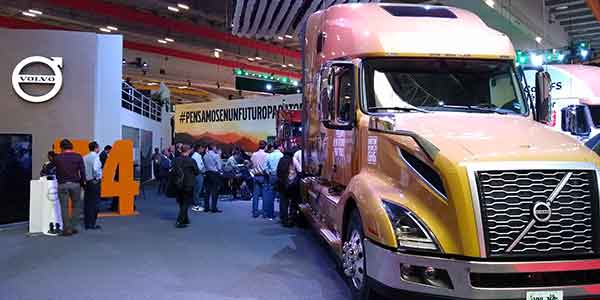
Voorhoeve: The sustainability message is super important. In 1972, we attended the United Nations Conference on the Human Environment that was held in Stockholm, Sweden, and said, ‘We know we’re part of the problem, and we’re going to be part of the solution.’
Since then, sustainability and care for the environment have been one of our company’s core values. Today, big names in transportation are saying, ‘We want 25% of our fleet to be carbon neutral in 2025’ and others have similar goals. Today it’s more than just marketing, it’s a mission statement.
And that’s not just for electric trucks.
FE: Definitely—you just announced that you were bringing the VNL with GHG 2017 engine technology to the Mexico market. That outpaces the emissions standards of Euro-regulated engines that are currently required here.
Voorhoeve: That’s right, and we did that because we can, because we believe that the Mexico market requires the latest technology and because we need to take care of the environment. You see that we put pictures of local endangered species on the trucks for this show. That’s an example of one of the reasons.
Safety and increasing the quality of the environment are part of our core values. We owe it to ourselves, we owe it to our families and we owe it to society.

